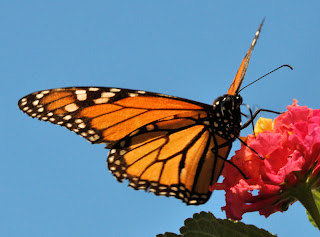
Female Malayan Sun Bear, Helarctos malayanus. Sun Bears are from the tropical forests of Southeast Asia and are one the most skillful climbers of all the bears. They are one of the smallest bears, a mature bear standing at about 4 ft. tall. Sun Bears have sickle-shaped claws and large, naked soled paws that enable them to hang and climb within the dense tropical forest canopy with ease. Sun Bears are omnivores, most of their diet being typical of their tropical, arboreal habitat including lizards, birds, and small mammals, fruits, eggs, termites, palm shoots, honey (hence their alternate name, honey bears), berries, sprouts, insects, roots, cocoa, and coconuts (yes, they can crack open coconuts!).


















